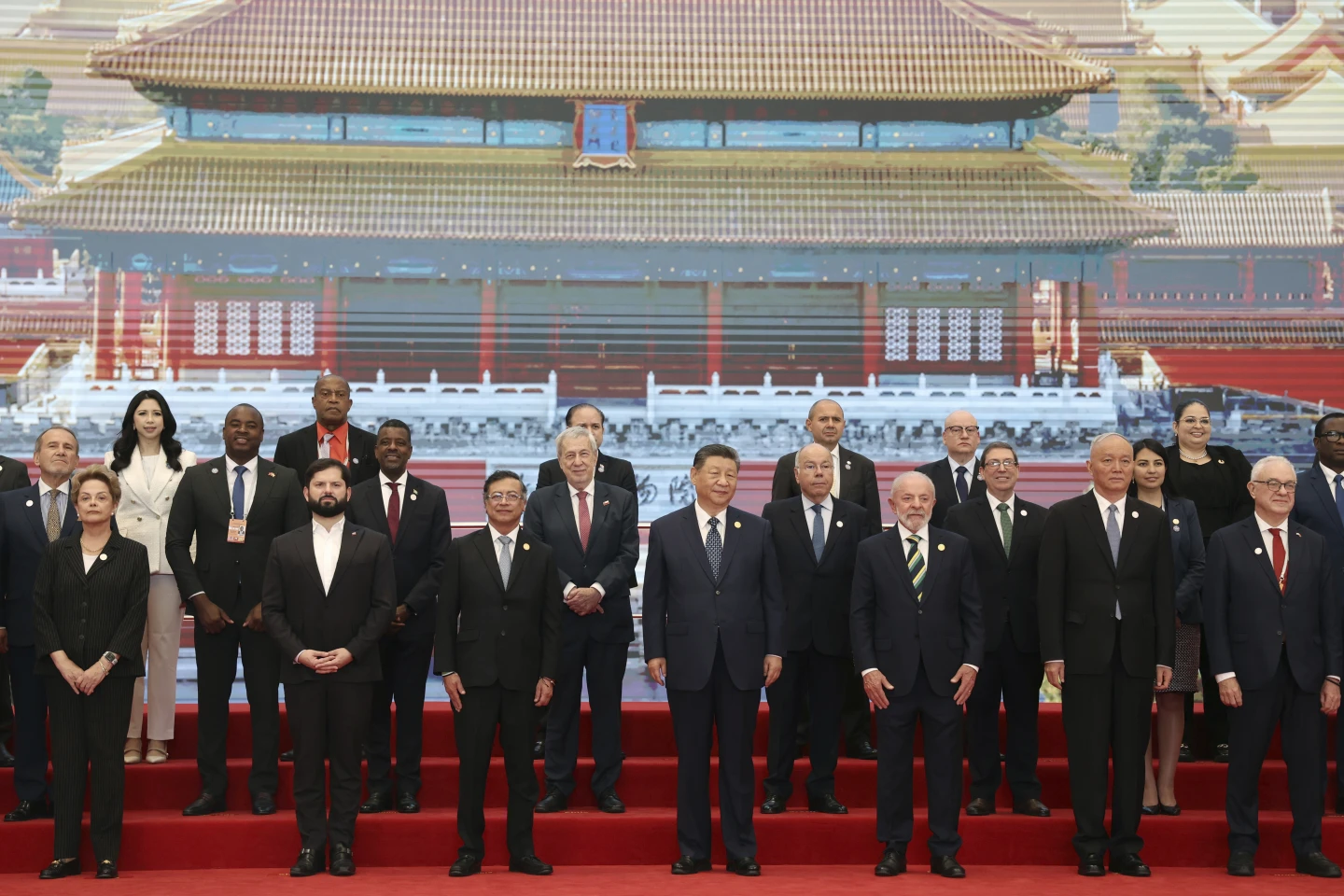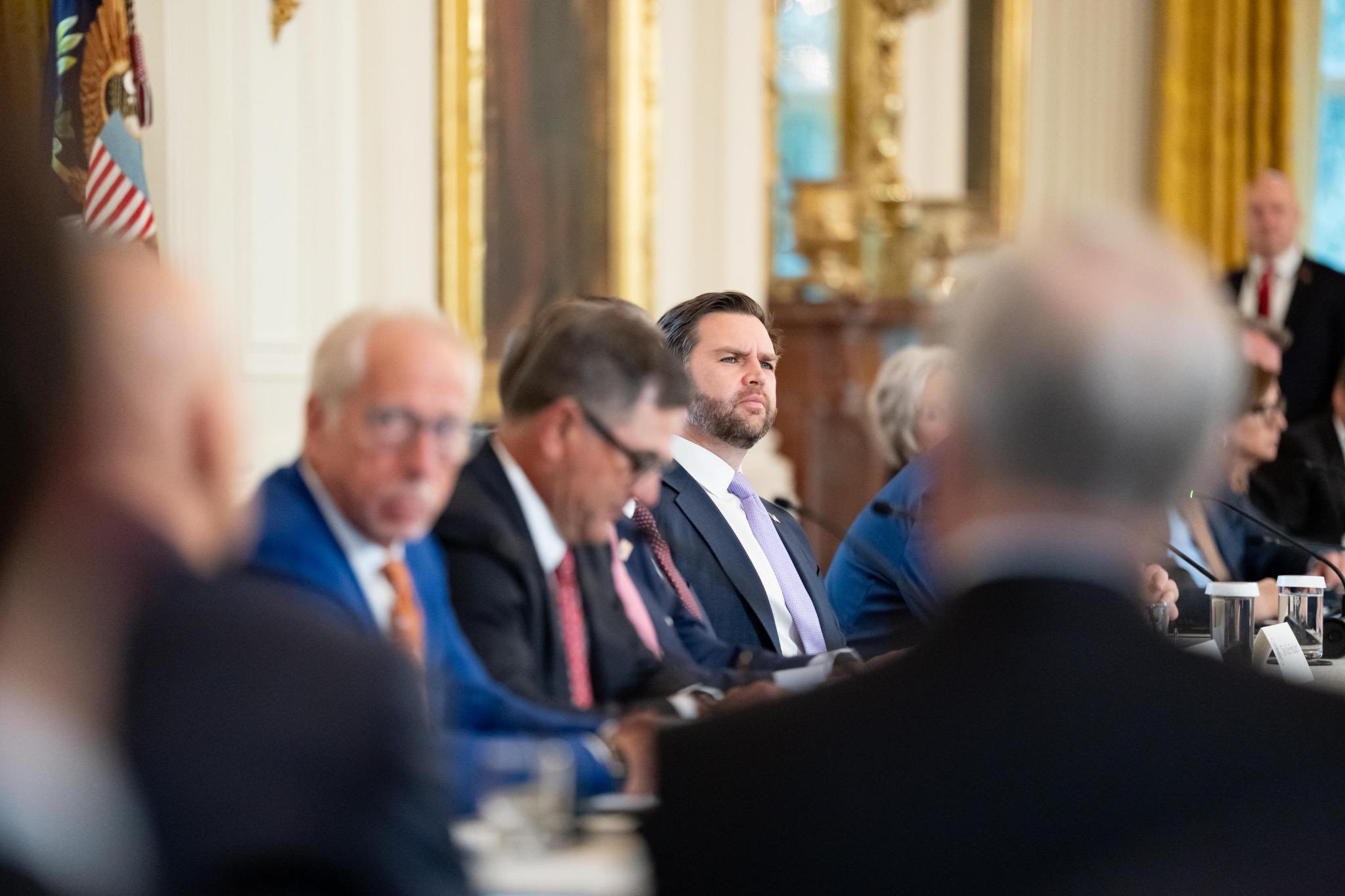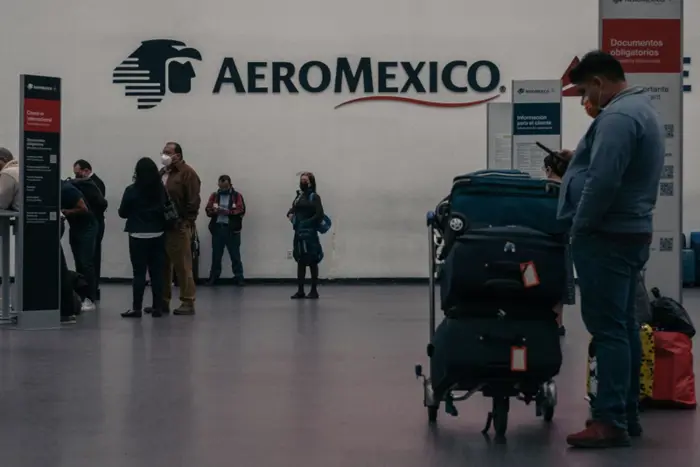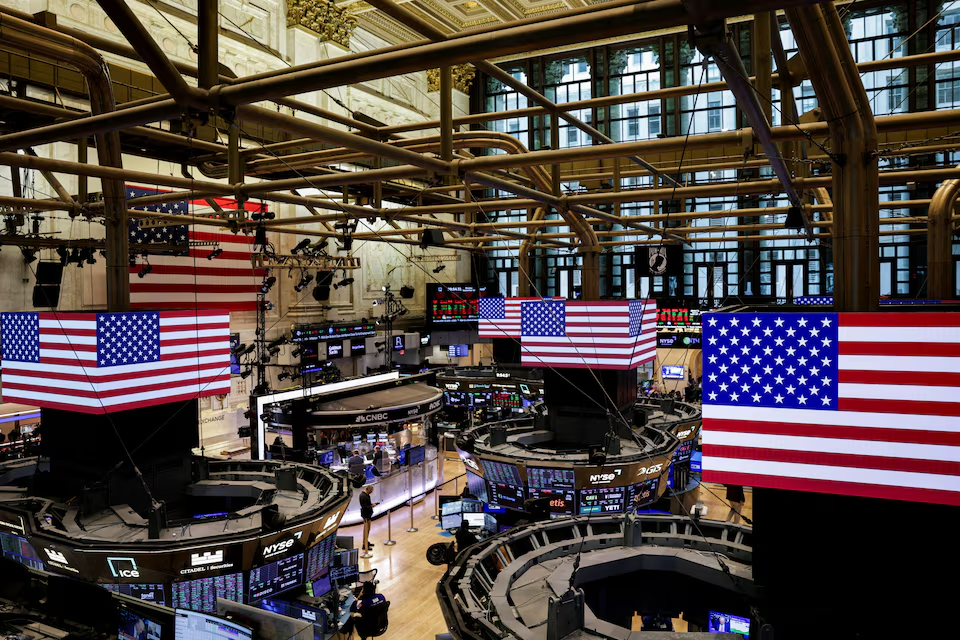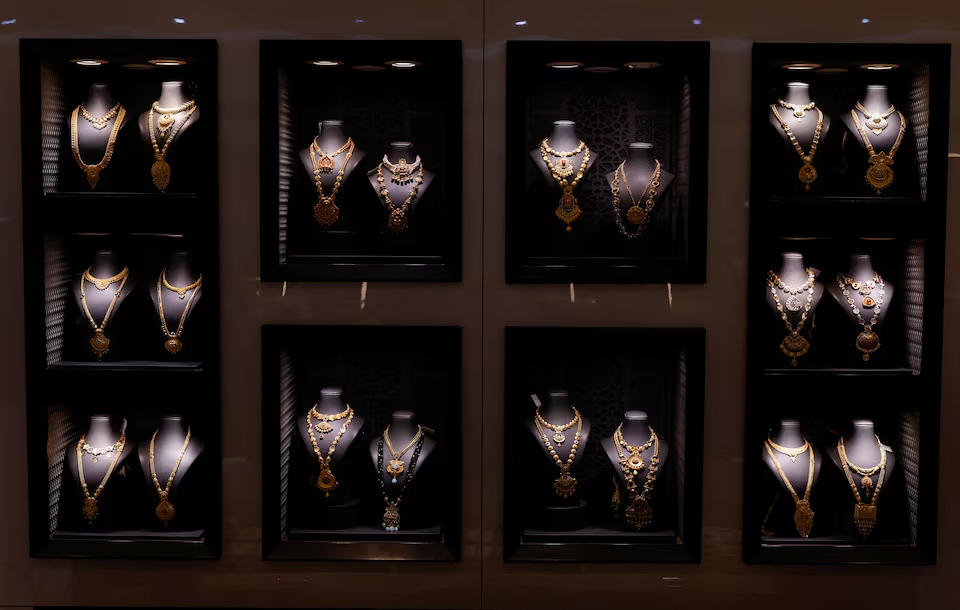Ready to Work as a Reliable Trade and Development Partner with Latin Countries – Chinese President Xi Jinping
As part of a counterbalance to President Donald Trump's trade war, China is strengthening its alliances with other countries. Just a day after the United States and China agreed to a 90-day truce over tariffs, China presented a united front with Latin American leaders.
Ready to Work as a Reliable Trade and Development Partner with Latin Countries – Chinese President Xi Jinping
Ready to Work as a Reliable Trade and Development Partner with Latin Countries – Chinese President Xi Jinping
As part of a counterbalance to President Donald Trump's trade war, China is strengthening its alliances with other countries. Just a day after the United States and China agreed to a 90-day truce over tariffs, China presented a united front with Latin American leaders.
The world’s second-largest economy, China, is positioning itself as a reliable trade and development partner, while Trump’s tariff hikes and policy instability are contributing to global uncertainty.
On Monday, after weekend talks in Geneva, Switzerland, Beijing and Washington announced that both countries would suspend high tariffs for 90 days to allow time for further negotiations.
However, China’s frustration over the trade war remains evident. Speaking with officials from China and Latin America on Tuesday, Chinese President Xi Jinping reiterated, “No one wins a trade war,” and said, “Bullying or hegemonism ultimately leads to isolation from the world.” While moving to ease tensions with the United States, Xi stated that China is ready to “join hands” with Latin countries in opposing “political polarization and unilateral policies.”
“There are no winners in tariff or trade wars,” Xi added — a phrase that China has repeatedly used to criticize Trump’s policies.
On the same day, World Trade Organization (WTO) Director-General Ngozi Okonjo-Iweala, during a visit to Tokyo, told Japanese Prime Minister Shigeru Ishiba, “Trade is going through a difficult time, and it is quite challenging.” She said Japan must help strengthen and reform the WTO as a “champion of the multilateral trading system.”
Japan, along with many other countries, has yet to reach an agreement with the Trump administration on U.S. tariff hikes, including those on automobiles, steel, and aluminum.
The WTO has played a vital role over past decades as the U.S. and other major economies promoted more open markets, fostering global supply chains — many of which are centered in China.
Since taking office for the second time, Trump has prioritized imposing higher tariffs to reduce U.S. imports and compel companies to relocate factories to the United States.
While the China-U.S. agreement initially generated optimism among investors, that enthusiasm faded on Tuesday, with declines in stock markets and oil prices.
Speaking at the China-CELAC (Community of Latin American and Caribbean States) Forum, Xi Jinping said China would foster closer political, economic, educational, and security ties with the region.
He stated that China would increase imports from Latin America, encourage Chinese companies to boost investment, and expand cooperation in clean energy, 5G telecommunications, and artificial intelligence. Xi announced a 66 billion yuan (approximately $9.2 billion) credit line to support Latin American and Caribbean financing.
China’s trade with the region is growing rapidly and surpassed $500 billion for the first time last year. China is importing increasing amounts of soybeans, beef, crude oil, iron ore, and critical minerals from the region.
Through Xi Jinping’s Belt and Road Initiative (BRI), China has invested in building 5G networks, ports, and hydropower projects in the region.
On Monday, Colombian President Gustavo Petro announced that his country would formally join the BRI — a vote of confidence in China, despite recent issues with some Chinese projects in Latin America.
China also announced that for the next three years, it will invite 300 members of Latin American political parties annually to visit China, offer 3,500 government scholarships, and initiate various exchange programs.
Five Latin American countries will receive visa exemptions for travel to China, with more to be included in the future. However, it was not immediately clear which countries would receive the exemption first.


